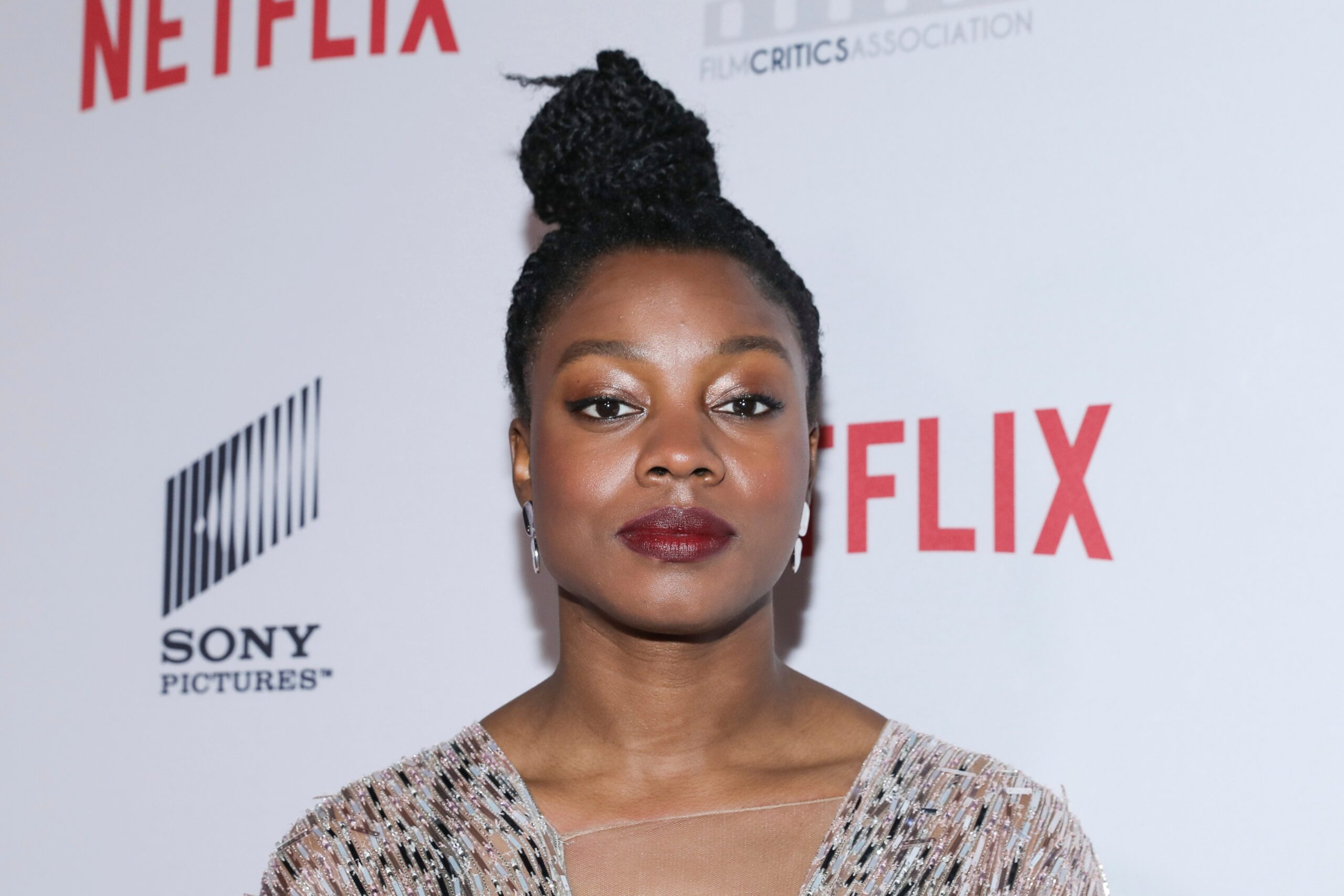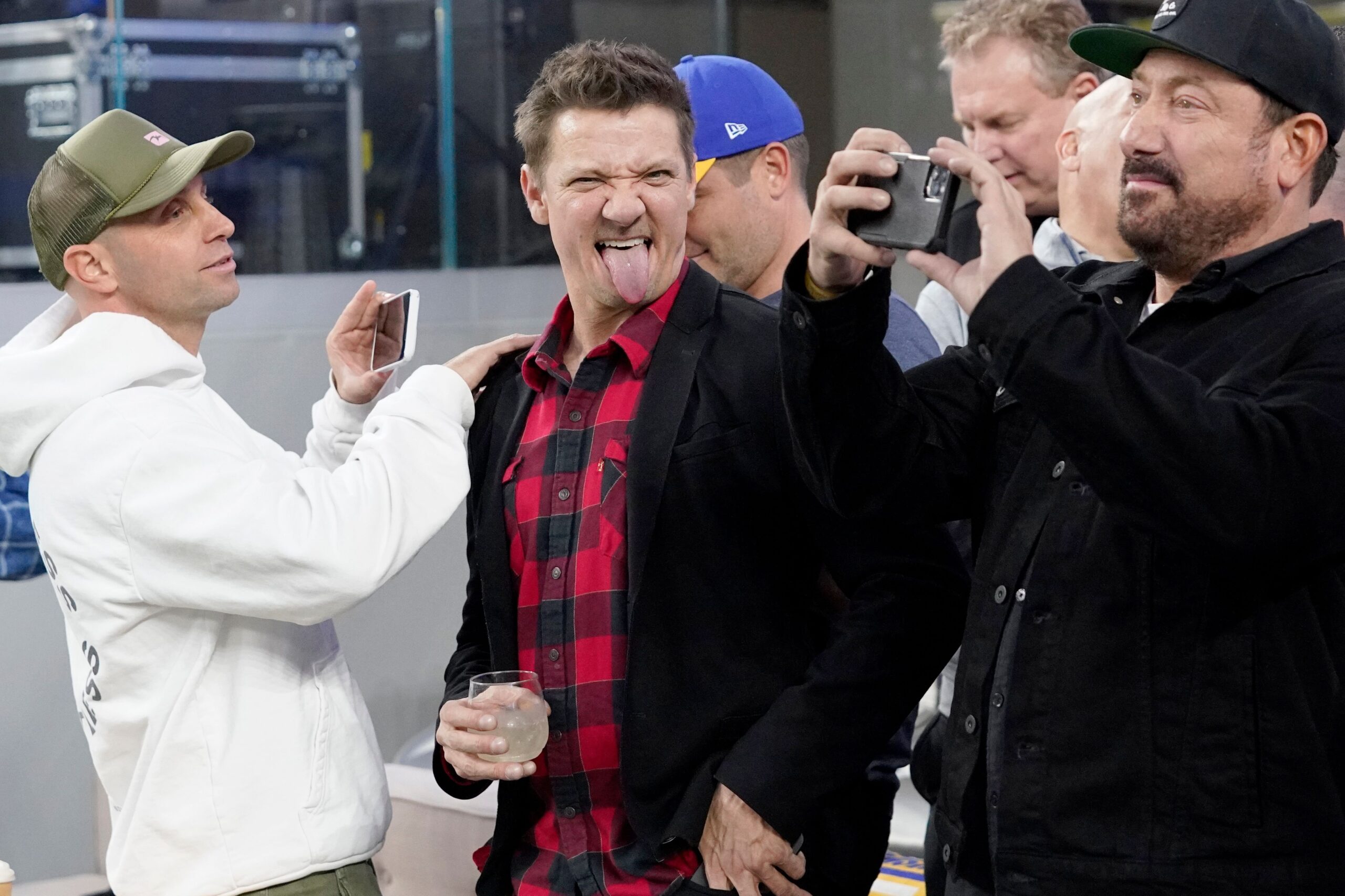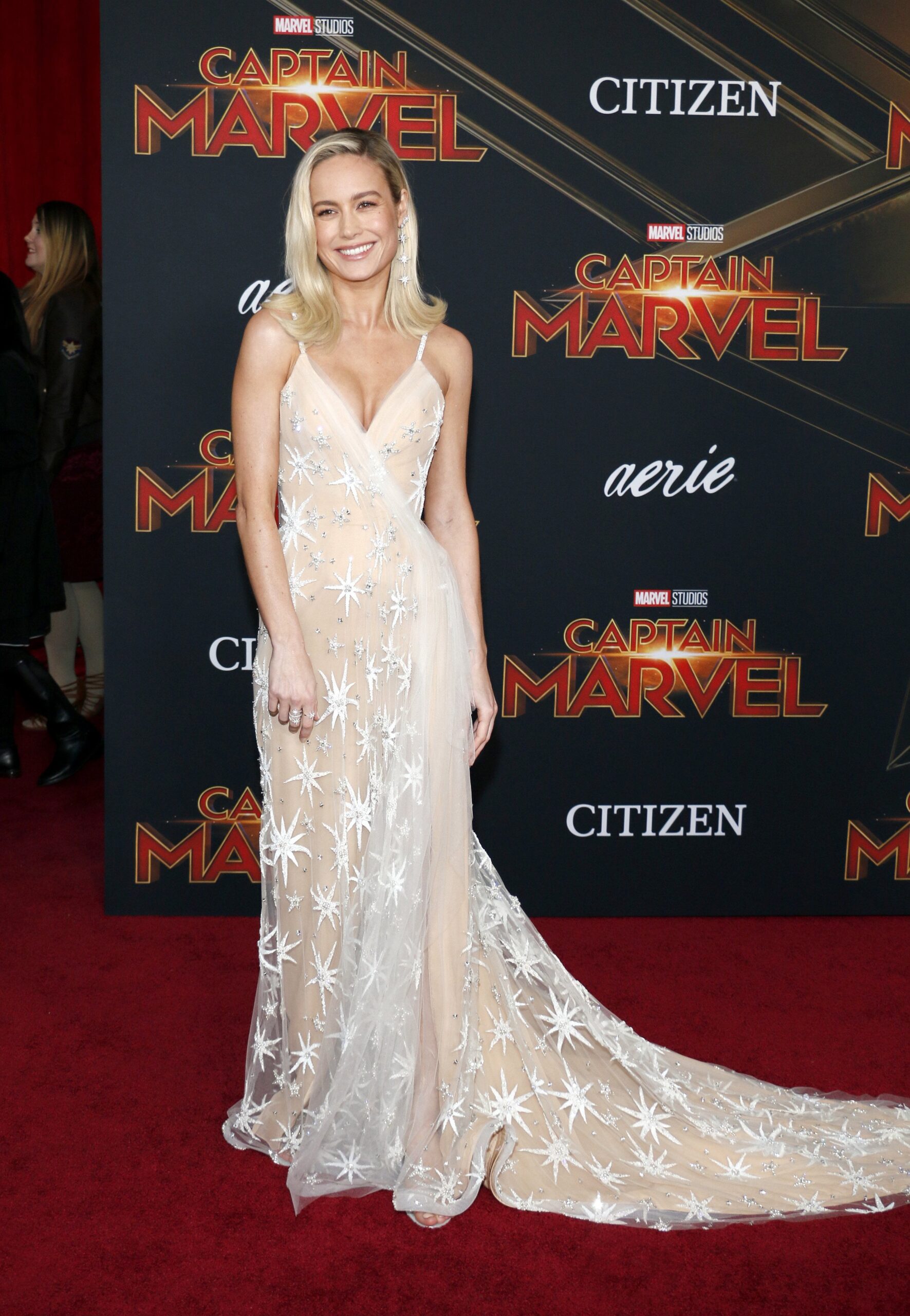The MCU’s Loki, nemesis of Thor and “God of Mischief,” is now the first openly queer major character in the MCU. The reveal occurred in the third episode of the Disney+ series Loki, in a scene where the title character has lunch with a version of himself from an alternate timeline. “What about you?” Sylvie, […]










